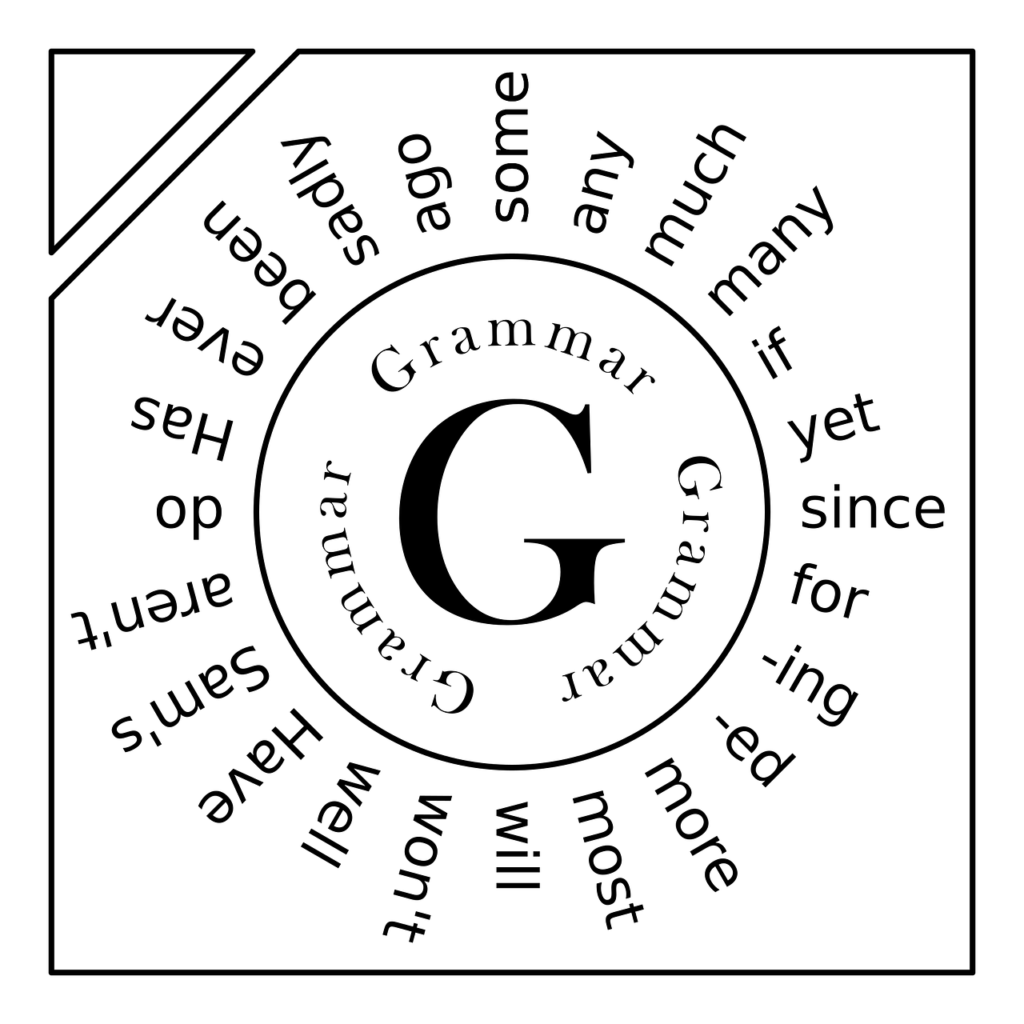Water UNder The Bridge
Water under the bridge is an idiom that means something that happened in the past and is no longer important or a source of concern. It implies that a lot of time has passed and the situation has changed since the event. It is often used to say that a problem has been resolved or […]
Water UNder The Bridge Read More »







